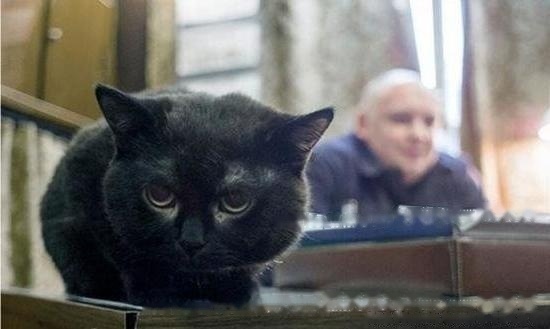It was reported on May 16 that the British Daily Mail website published a report on May 15 entitled The Secret of Nine Lives for Cats?, compiled as follows: Let your pet Maintaining certain levels of vitamin D in cats may be the key to helping it save nine lives -- and the animal may also hold clues about how humans might benefit from it.

Research shows that cats who are hospitalized have higher levels of vitamin D and have a better chance of recovery. The findings, published in the journal PLOS ONE, suggest that cats may be hiding clues to the health benefits of the sunshine vitamin. The cat example could prove beneficial in investigating the complex relationship between vitamin D and a range of health problems affecting humans, the researchers said. Researchers at the University of Edinburgh's Royal School of Veterinary Research said the findings could also help veterinarians better advise pet owners about their pets' prognosis.
They tested blood samples from 99 critically ill pet cats being treated at the university's small animal hospital. After obtaining the owner's consent, the research team examined the cats' vitamin D levels. They found that cats with higher levels of vitamin D in their blood were more likely to be alive 30 days after admission, compared with cats with the lowest levels of vitamin D. This can help veterinarians predict which animals are more likely to recover.
The study highlights the need to learn more about whether vitamin D plays a role in developing certain diseases in cats, and what effect it has on the consequences of illness in cats, the researchers said. Vitamin D has long been thought to help alleviate a range of health problems in people, including cancer, infections and multiple sclerosis. Vitamin D is found in high-fat fish, cheese, and egg yolks, and vitamin D supplements can also be found in health food stores. Humans also produce vitamin D in their skin after sun exposure, but cats can only get it from food.

Subscribe to Newsletter
Professional platform for pets, dogs and cats.
![[Dog Training 5] The training method of pet dog dining etiquette](/static/img/12192/12192_1.jpg)




